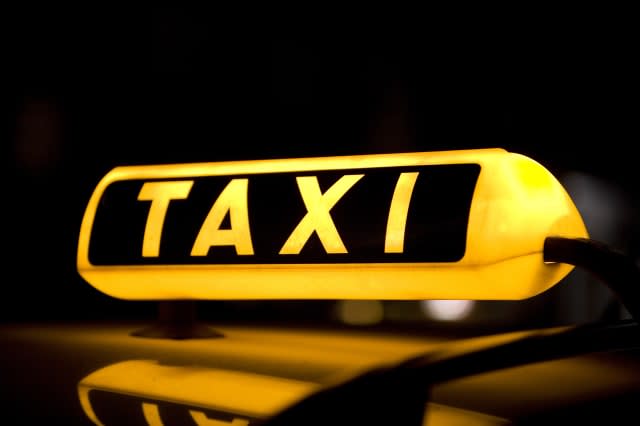Taxi scams that can ruin your holiday

When you first arrive for your holiday in a new country, you're a prime target for scammers, who often wait in the taxi rank to take advantage of newcomers. It's therefore worth getting to grips with some of the most common holiday taxi scams, so you know what to watch for.
See also: Airbnb scams - how to say safe and protect yourself
See also: Scamwatch: bogus online bargains
The best way to protect yourself is to get to know the common scams before you travel. That way even if you're half asleep when you arrive, you won't be taken for a ride.
1. Unlicensed taxis
Go online before you travel, and learn what licensed taxis look like, and what licences and ID they have to display. This will help you avoid the unlicensed taxis, where scams are more frequent.
2. 'Broken' meters
A typical scam is not to turn the meter on when you get into the cab, and just make up a fare. If you complain, the driver will tell you the meter is broken. Elsewhere, there is no tradition of having a meter on display at all. These tricks leave the taxi driver free to invent any fare they want.
Before you get into a cab, check the meter is on. If it's not on, or there isn't one, you need to agree a fixed fare before you get in. It means it's worth checking the going rate before you travel, so you know what kind of fare to accept.
3. The wrong tariff
Taxis will charge different rates depending on the time of day, destination or travel zone. Check what you are expecting, so if they flick the meter over to a more expensive tariff, you can raise your concerns.
4. Failing to 'zero' the meter
Some drivers will not put the meter back to zero when you get into the cab, so that you pay for the previous person's trip on top of yours. Check it's at zero before you start.
5. 'Extra' charges
The driver may try to bump up the fair with 'extras' - claiming it costs more for luggage, toll fees, or additional passengers. In some cases this is perfectly legitimate, so check the rules of the country and city before you go. If the local rules don't add these extras, you can check before you get in that there will be no spurious 'extras' on arrival.
6. The long way round
If you're planning a long journey - such as from the airport to your hotel - have a look online at the route before you go, and look up how much it tends to cost. If the driver appears to be taking the scenic route in order to bump up the price, you can raise it with them. It's also a good idea to follow the route on your smartphone or a map. If they see you doing this, the driver knows you're keeping an eye on him or her.
7. Stopping for petrol
Some drivers will say they need to fill up on the way - to bump up the fare while they are taking their time in the petrol station. When you get in, try to take a look at the fuel gauge, to see if they are running low. That way you can challenge spurious claims, and if they are actually running low you can find another driver who has the petrol to get you where you need to go.
8. The old switcheroo
One old chestnut is used if you pay with a large denomination note. If it's dark, the driver will take the note, switch it for a small denomination, and tell you that you handed over the wrong note. If you're not familiar with the money, you may assume you've made a mistake, and hand over another large note. It's worth taking smaller notes for the journey, and paying with a number of them. The switch is far harder to carry off with a fistful of small notes and coins.
9. The alternative hotel
The driver may tell you that your chosen hotel has closed, or is rubbish: they may simply take you to a different hotel without comment. They will have an arrangement with the hotel that they get a cut of any custom they bring, and you could find yourself somewhere overpriced and shoddy. If you have already paid for your hotel, check you end up where you expect to be, or you could end up paying twice.
10. Leaving with your luggage
Some drivers will take your money, and then when you get out of the car, they will drive away with your luggage. The best way to avoid this is to refuse to hand over money until they have helped you get the bags out of the boot.
As a basic rule of thumb, the best protection is research, being prepared to challenge your driver, and if all else fails, getting their details so you can report them to their boss or the police. Make a note of your driver's taxi number and licence - possibly even take a picture. Don't be afraid to let them see what you are doing, so they know you have their details if they decide to rip you off. You should also ask for a receipt, which you will need to prove you were in the taxi.
And finally, if you're ever uncertain at all, get out, walk away, and find another taxi. It's worth taking five minutes longer to find a safer way home.




